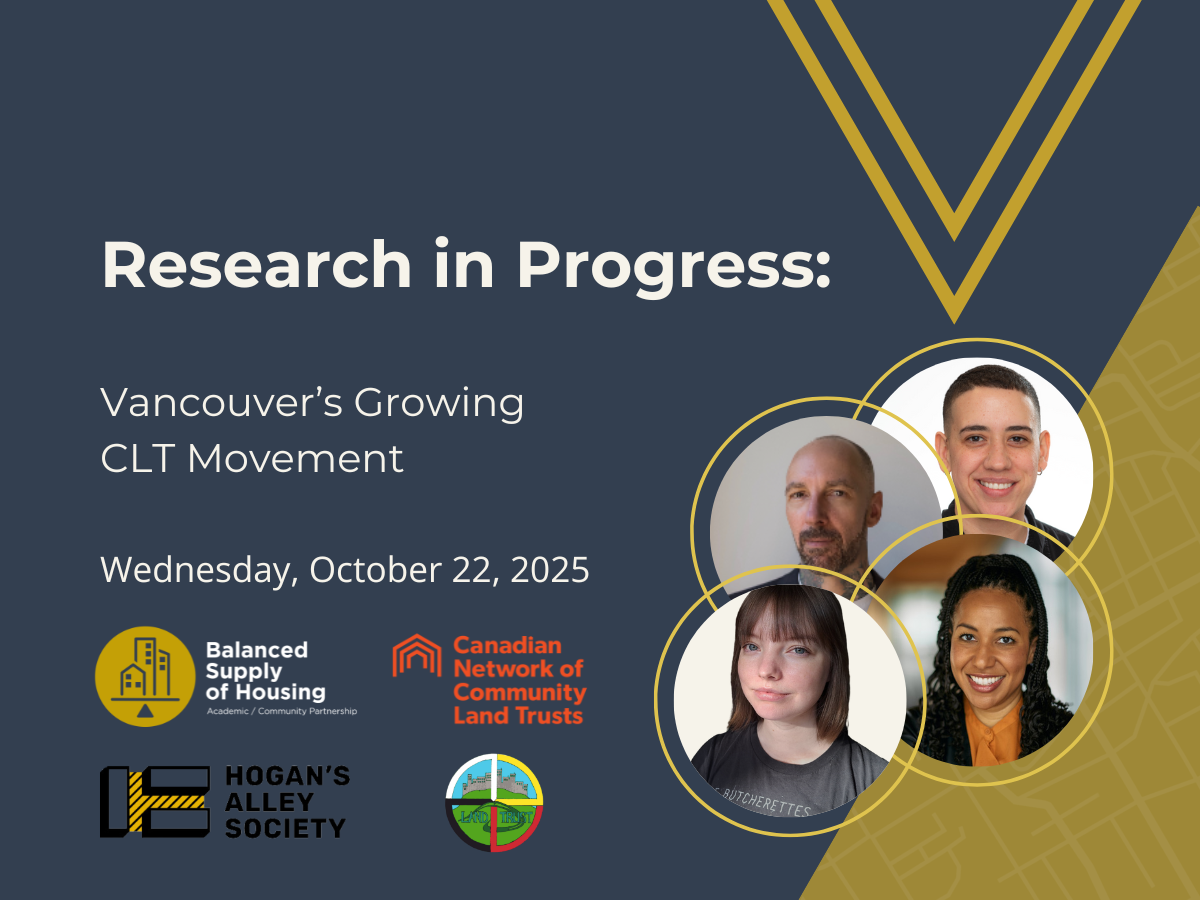Speaker:
Leila Ghaffari holds a joint PhD in urban studies from the University of Quebec in Montreal and in urban planning from the University of Tours. Her doctoral thesis corresponds to the effects of gentrification and its acceptability by the local populations, in a comparative perspective. As a research assistant, she has collaborated in different research projects about cultural vitality, socioterritorial inequalities and territorial development. Through a postdoctoral fellowship funded by BMO-CIRM in 2021-2022, she conducted a research project about the influence of the pandemic on socializing spaces. Right now, she is a postdoctoral researcher at McGill University, working on housing policies for resolving the current housing crisis. She is also a housing policy advisor at Vivre en Ville. She has authored and co-authored various publications covering different subjects such as gentrification, housing issues, cultural vitality, and local and territorial development.
Presentation Topic:
Operationalizing the HRC-BSH Policy database
Presentation Title:
A step towards identifying the most effective housing policies in the Canadian context
Presentation Description:
The housing crisis has become a widespread issue around the world in recent years and different policies have been put in place for coming out of this crisis. Have all these policies been successful? What are the most effective policies for the Canadian context? Are the stakeholders of the housing domain properly equipped to implement the most promising housing policies?
This presentation aims at discussing available measures for tackling housing issues. Through an interactive platform, this session attempts to understand the familiarity of the participants with different types of measures and to identify those which are perceived to be more effective for solving housing issues in the Canadian context. This part, far from being exhaustive, covers zoning measures, measures for lowering housing costs, protective measures, and anti-speculative measures.
The session then focuses on zoning measures in more depth in order to discuss and understand strengths and weaknesses of specific zoning-related strategies, including upzoning (broad upzoning, dynamic upzoning, spot upzoning, and soft upzoning), differentiated zoning (Affordable housing overlay and residential rental tenure zoning) and inclusionary zoning (density bonus and mandatory inclusionary zoning).
This presentation is organized in the context of an ongoing postdoctoral research project on the operationalizing the HRC-BSH Policy Database.



